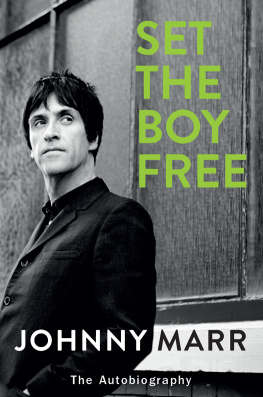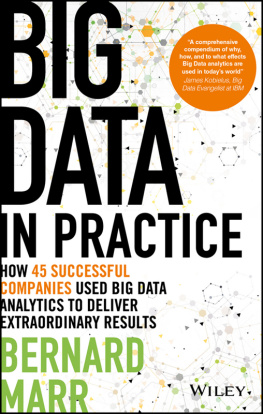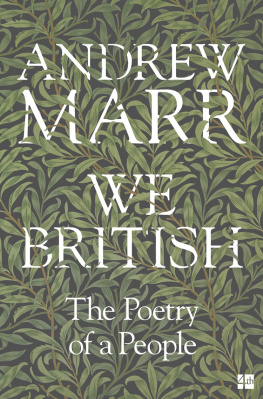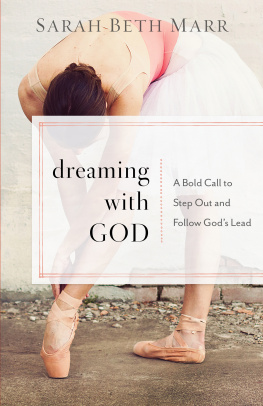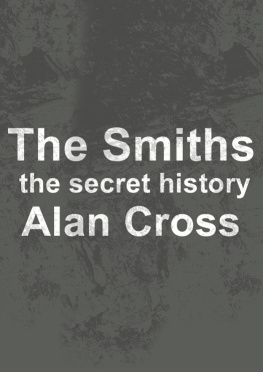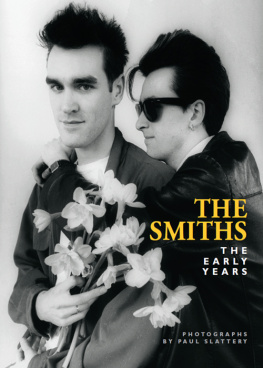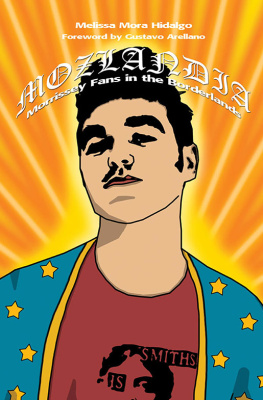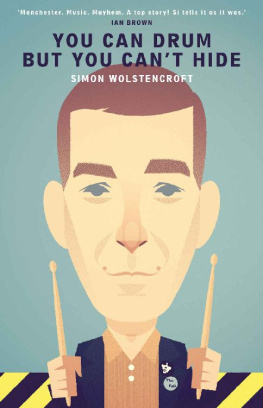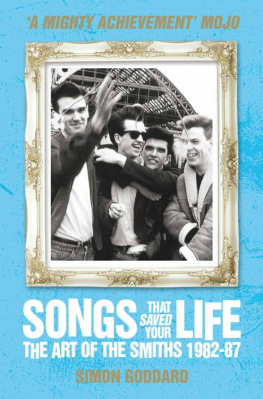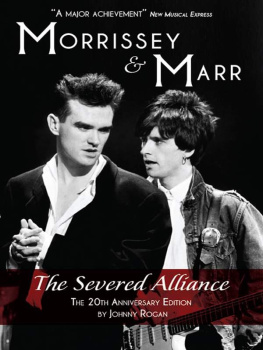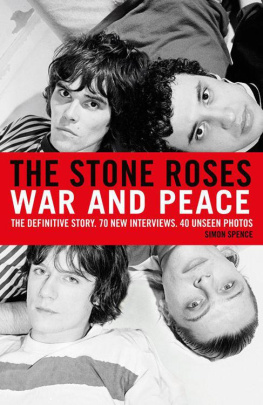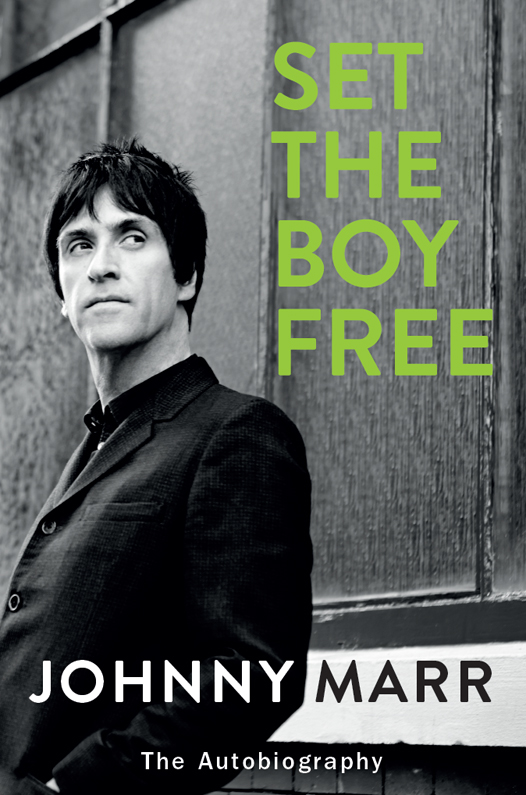I stood outside, gazing up, on one of those mornings when the sun scorched the pavement and Mancunians used to say it cracked the flags.
It was summer 1968, I was nearly five years old, and every day we would walk past Emilys corner shop and my mother would have to stop and wait while I stared up intently through the window at the little wooden guitar leaning on the shelf between the mops, buckets and brooms. My mother had got used to having to stop at Emilys, and she and my father had wondered about their son being so taken with the toy guitar. It was always the same wed stand outside the shop while I gazed up until that morning, when my mother took me inside and gave the money for it to Emily, who took the guitar down from the shelf and handed it to me.
From the moment I got my first guitar, I had it with me wherever I went, carrying it around the way other kids carried their toy fire engines and dolls. I dont know why I had to have it, but I was besotted with it, and from then on I cant remember a time when I didnt have a guitar.
I was born on Halloween, 31 October 1963, in Longsight, Manchester, and then moved with my parents, John and Frances Maher, to a house in the inner-city area of Ardwick Green.
We lived there at 19 Brierley Avenue, in a row of seven houses, with a car mechanics garage at one end and eight houses facing us on the other side of the street. Our front door opened into the main room, which had a little fireplace and a black-and-white television, but we spent most of our time in the back room, where the radio was. Next to the back room was a small kitchen. The toilet was in an outhouse in the yard outside, and hung up on the wall of the back room was a tin tub that we used to take a bath in, in front of the fire. Upstairs was my parents bedroom, and behind that was the room where me and my sister slept. In the winter, my parents would put overcoats on top of us to keep us warm.
The street was a mixture of working-class families of different nationalities: English, Indian, Irish, and a stern old Polish man called Bruno who had fled the Nazis in the war. At the opposite end of the street there was a tyre factory, with a fire escape hanging down from one of the walls.
My parents were from a small town in Ireland called Athy, in County Kildare. My mother was born Frances Patricia Doyle and was the third youngest of fourteen children. She had grown up there in a three-room house, and at fifteen she moved to England to be with her four sisters and two brothers who had gone there to work. One time, she went back to Kildare to visit her family and went to a dance, where she met my father; he was two years older than her. She returned to Manchester, and my dad followed her, and they were married eight months later.
My father was born John Joseph Maher. He never knew his own father, and he left school at thirteen to work on a farm, driving a tractor and sowing corn, to support his younger brother and three younger sisters. After arriving in Manchester he eventually found work in a warehouse and sent for his siblings and my grandmother to come over to England so that the family could all be together.
Many of my mother and fathers brothers and sisters began to start families in Manchester. They were all in their late teens and early twenties. Lots of babies were being born, and there was a feeling of discovery as they all learned how to get by and make new lives in this new city.
My mother was eighteen when I was born. I was named John Martin Maher, after my dad and my mothers favourite saint. Our household was extremely Catholic, and my mum was especially religious. Mass was never missed, and at our front door there was a font with holy water. I spent a lot of my early years among statues and crosses and prayers, and there was a constant backdrop of religion in our house that felt very mysterious and deeply otherworldly.
Eleven months after I was born my sister Claire came along, which meant we were known as Irish twins on account of there being less than a year between us. It was good being one of a pair, and I liked having a sister for company. There were a lot of kids on the street, so there was always something going on. I was more introverted than my sister and was happy to spend time sitting on the pavement, poking an old ice-lolly stick into the tar on the road while I watched the other kids playing. Claires favourite trick was to switch all the milk and deliveries around in the morning on the neighbours doorsteps, so she could watch them all knocking on each others doors to exchange their groceries as a bit of farcical comic slapstick. She was upbeat and outgoing and would chase after anyone with a broom if they crossed us. These things pretty much summed my sister up; she was funny and sweet, but you didnt mess with her, and I was always impressed with the things about her that were different from me.
Both my parents were extremely hard-working. My dad never said too much around the house, although he was sociable in the community and well liked. He had needed to be tough as a boy, as hed grown up without a father in a little household in the country, and to me he was a strong, brooding presence, doing whatever it took to bring up his own family. After working in the warehouse he took a job laying gas pipes in the road. He would leave the house at six in the morning to be picked up by a gang of his mates in a lorry, and then hed be out digging all day. I was aware that my dads job was very physical, but he seemed to like to be out working. When he got home hed be covered in black dirt from head to foot, and when he was getting cleaned up my mother would leave to get the bus to go to her job as a cleaner at the Royal Infirmary. She was always really busy.
Living in Ardwick meant inner-city housing and the remnants of the post-Industrial Revolution; it was a mixture of streets and factories. The railway tracks ran over the arches across the road from us, and wed see the trains going in and out of town. In between the railway tracks and our street was an area of derelict land called the croft. It had been a bomb site, and it was where Gypsy families sometimes settled in their caravans. Id see the Gypsy kids on the croft and think it must be great to be living like that. They were wild and didnt have to go to school; they were let loose to do what they wanted. It looked lawless and dangerous living on the croft, and one day I worked up the courage to sneak over to talk to them. There was a small bonfire going, and a few adults hanging around, and when I asked where theyd come from it was strange to discover that there were people who didnt really belong anywhere. At night theyd be having parties and playing music really loudly on the radios in their caravans, with the trains going by.

